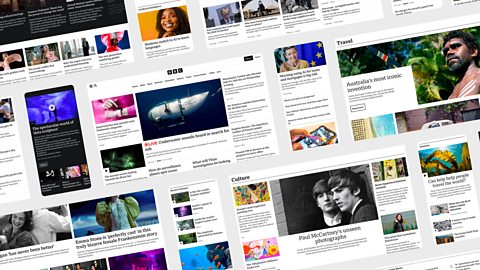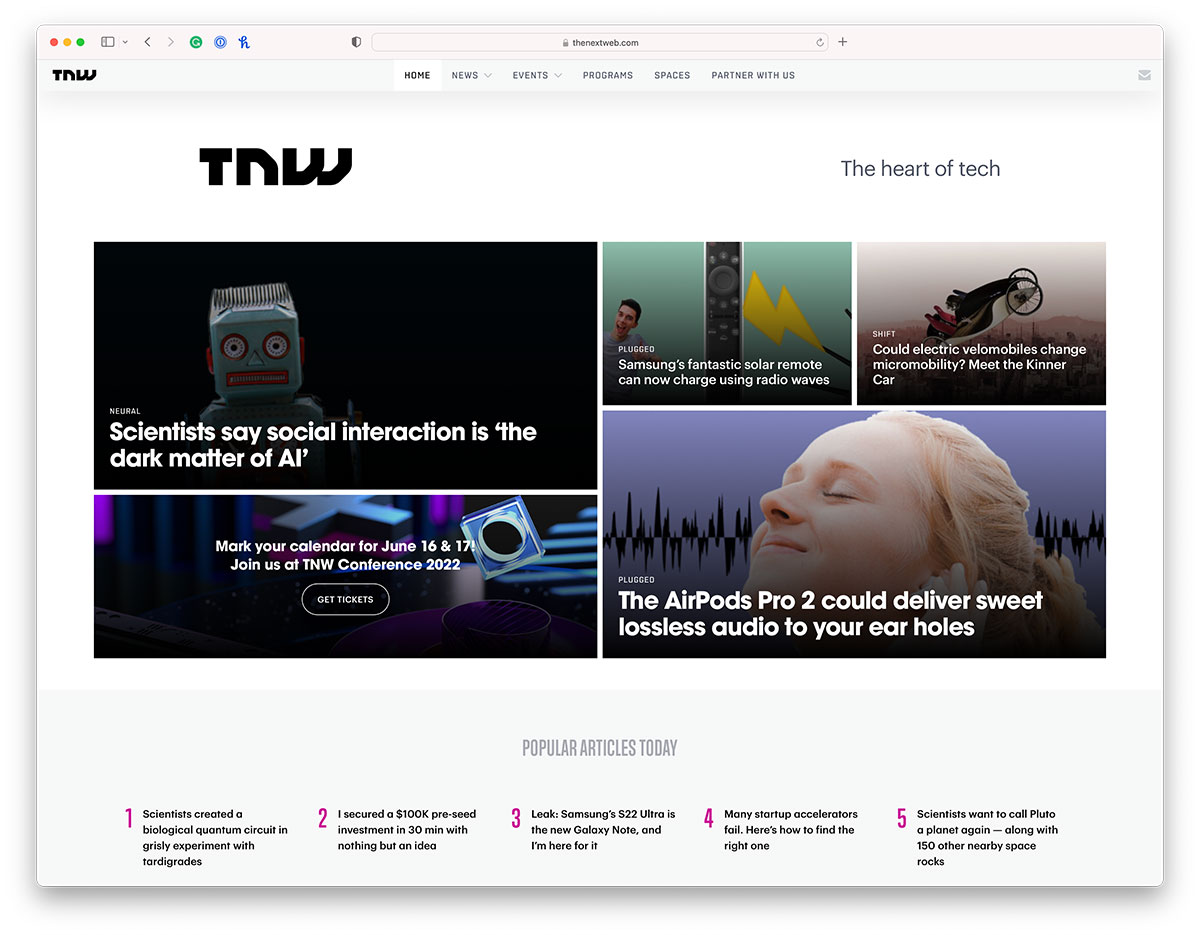4 Easy Facts About News Websites Shown
4 Easy Facts About News Websites Shown
Blog Article
Not known Incorrect Statements About News Websites
Table of Contents4 Easy Facts About News Websites ShownNews Websites Things To Know Before You BuyThe 9-Second Trick For News WebsitesHow News Websites can Save You Time, Stress, and Money.Some Known Details About News Websites
It was down in the UK and Brazil however up some other countries, such as Greece, Bulgaria, and Poland (News Websites). This year, for the very first time, we asked concerning the various manner ins which people avoid the news and discovered that around half of avoiders (53%) were attempting to do so in a broad-brush or routine means for instance, by turning off the radio when the news began, or by scrolling past the information in social media sitese.g. scrolling previous information, transforming networks when information comes on. of avoiders examine resources much less usually. e.g. restriction to specific times of day, switching off notifications, etc. of avoiders stay clear of some subjects. e.g. topics that lower mood or boost anxiety. You claimed that you attempt to actively stay clear of news.

I'm most likely choosing to review more light-hearted tales than I used to at the minute. M, 51, UK Turning my back on information is the only way I feel I can deal sometimes. I need to consciously make the effort to turn away for my own psychological health.
The Ultimate Guide To News Websites
Discerning avoidance of Ukraine news was highest possible in much of the nations closest to the conflict, reinforcing findings from our extra study last year, soon after the war had begun. Our data might not recommend a lack of interest in Ukraine from nearby countries but instead a need to take care of time or shield psychological health from the very genuine horrors of war.
Comparing Finland with a politically polarised country such as the United States (see next chart) that is less impacted by the battle, we discover an extremely various pattern of subject evasion. In the USA, we discover that customers are most likely to stay clear of topics such as nationwide politics and social justice, where debates over concerns such as sex, sexuality, and race have actually come to be extremely politicised.
American politics are quite harmful these days. I discover often that I need to detach from stories that simply make me angry. F, 61, USA For some individuals, bitter and dissentious political disputes are a reason to turn off news altogether, however, for some political upholders, avoidance is commonly concerning obstructing out point of views you don't wish to listen to.

Our News Websites Ideas
Some are looking to make news much more available for hard-to-reach teams, broadening the news schedule, commissioning even more motivating pop over to these guys or favorable information, or embracing useful or remedies journalism that provide individuals a sense of hope or personal company. In our study this year, we asked participants regarding their interest in these different strategies.
This explains why stories like Ukraine or nationwide politics carry out well with information regulars yet can at the same time turn less interested individuals away (News Websites). Selective avoiders are less curious about all kinds of news than non-avoiders but in family member terms they do appear to be much more interested in positive or solutions-based information

The 4-Minute Rule for News Websites
2023). This might hold true in the minute, however in time it seems to be leaving lots of people vacant and less completely satisfied, which may be threatening our connection with and trust fund blog here in the news. Throughout markets, overall count on information (40%) and rely on the resources people utilize themselves (46%) are down by an even more 2 percent factors this year.
With the rear-view mirror, the COVID-19 trust bump is plainly visible in the complying with graph, though the direction of travel after that has been blended. In some cases (e.g. Finland), the depend on rise has actually been maintained, while in others the upturn looks more like a blip in a tale of ongoing lasting decline.
A few of the greatest reported levels of media objection are located in nations with highest degree of question, such as Greece, the Philippines, the USA, France, and the UK. The most affordable degrees of media objection frequent those with higher levels of count on, such as Finland, Norway, Denmark, and Japan.
Get This Report on News Websites
This year we asked respondents concerning their choices for text, sound and video clip when taking in news online. On average, we locate that the majority still choose to review the information (57%), rather than watch (30%) or pay attention to it (13%), however younger individuals (under-35s) are most likely to pay attention (17%) great site than older teams.
Behind the averages we locate considerable and unexpected nation distinctions. In markets with a strong analysis custom, such as Finland and the United Kingdom, around 8 in ten still favor to check out online information, however in India and Thailand, around 4 in 10 (40%) claim they choose to watch information online, and in the Philippines that proportion mores than half (52%).
Report this page